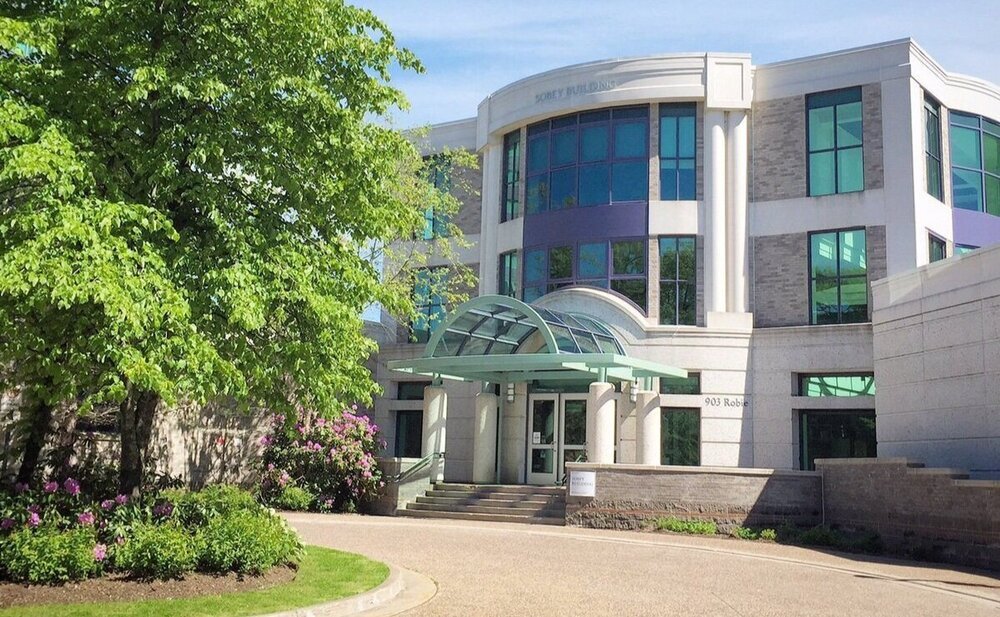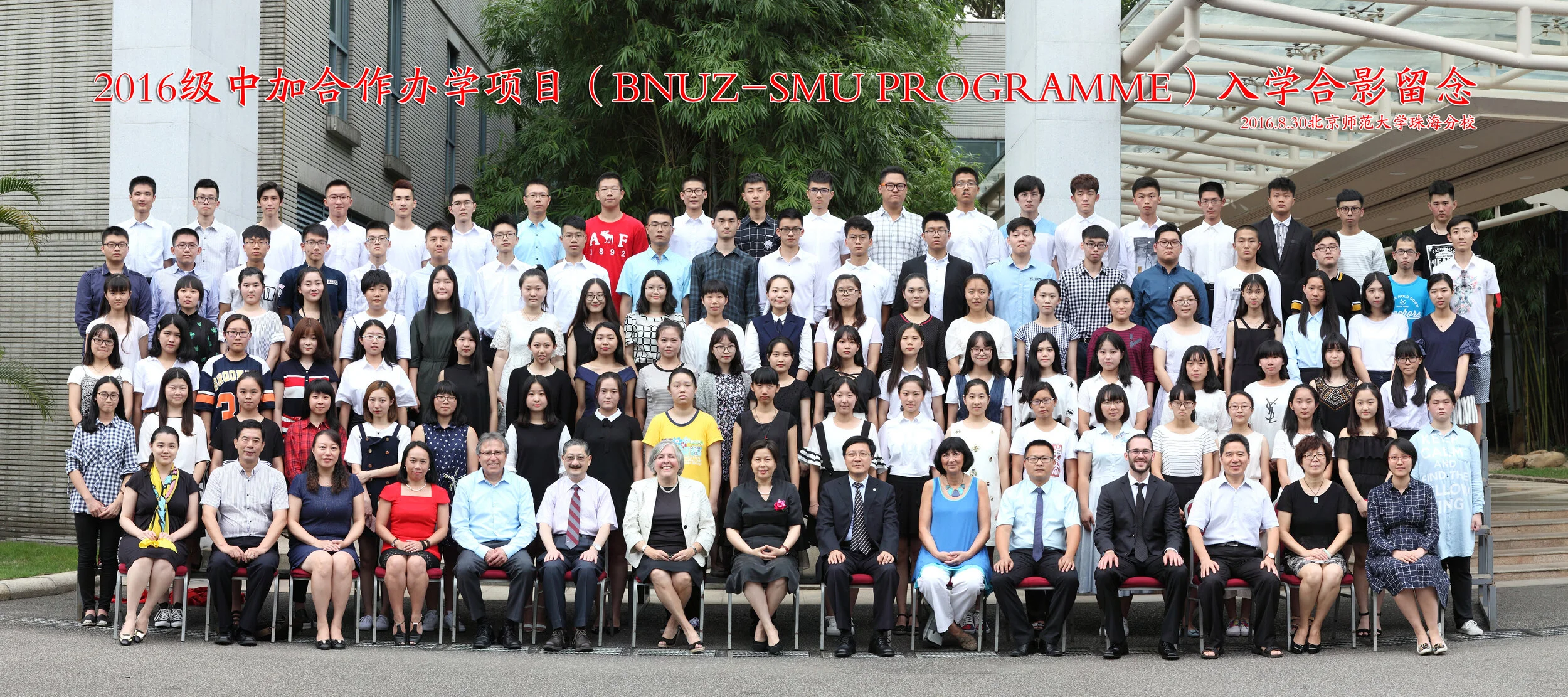Top row (left to right): Ethan Stafford, Paige Bigelow, Max Legere, Susan MacInnis, Jonah Crowther, Bailey Hanna Sutherland, Brandon Legacy
Bottom row (left to right): Marley Raycroft, Connor Haines, Hannah Birru, Hallie Wedge, Aaron Currie, Alexander Bourque, Nicolas James Graham
Saint Mary’s University and the Sobey School of Business are proud to announce the first recipients of the new Sobey National Innovator and Sobey MBA Scholarships.
The Sobey National Innovator and Sobey MBA Scholarships are presented to exceptional students from across Canada in recognition of their accomplishments, and as encouragement and support for their success at Saint Mary’s Sobey School of Business. This scholarship program will support 150 students over the next ten years with the goal of supporting the best and brightest graduate and undergraduate business students in the country to come to Saint Mary’s University and the Sobey School of Business.
The following is a list of the inaugural Sobey National Innovators:
Paige Bigelow, Northeast Kings Education Centre, NS
Hannah Birru, Halifax West High School, NS
Jonah Crowther, Halifax Grammar School, NS
Aaron Currie, Charlottetown Rural HS, PE
Connor Haines, Parkview Education Centre, NS
Max Legere, Saint John High School, NB
Susan MacInnis, Prince Andrew High School, NS
Marley Raycroft, Lockview HS, NS
Ethan Stafford, Kennebecasis Valley High School, NB
Hallie Wedge, Notre Dame Catholic Sec School, ON
“I was very excited to learn that I have been selected as one of the winners of the scholarship. When I received the call, it brought tears of joy, not only to me but my family as well,” says Sobey National Innovators scholarship recipient Hannah Birru. “Thank you again for your investment in students like myself and our education. By awarding me the Sobey National Innovator scholarship, you are allowing me to focus on the most important aspect of school, learning.”
The following is a list of the inaugural Sobey MBA Scholars:
Alexander Bourque, NS
Nicolas James Graham, NS
Brandon Legacy, NB
Bailey Hanna Sutherland, NS
“I was overjoyed when I found out I had been selected for this prestigious award and feel truly honoured to be a member of this special group of Sobey scholarship recipients,” says Sobey MBA Scholar Alexander N. Bourque, BSc, MSc, PhD.
In 2019, Saint Mary’s University announced a historic gift of $18 million from the Sobey Family, Sobey Foundation and Sobeys Inc., which established this transformative scholarship program as well as investments in entrepreneurship, faculty support, research and new space for the Sobey School of Business.
Ten undergraduate entrance awards valued at $50,000 over four years are awarded annually to exceptional Canadian students entering the Sobey School of Business. Five entrance awards valued at $30,000 each are awarded annually to full-time students entering the MBA program in the Sobey School of Business.
“The support of the Sobey Family and Sobeys Inc. is enhancing the educational experience for every student in the School and further builds on our strength in preparing business students for leadership, social responsibility, entrepreneurship and innovation,” says the Sobey School of Business Dean, Dr. Harjeet Bhabra. “We could not be prouder of this first cohort of Sobey National Innovators and Sobey MBA Scholars and welcome them to the Sobey School of Business and Saint Mary’s University.”
Saint Mary’s University President Dr. Robert Summerby-Murray added, “The Sobey family, Sobeys Inc., and Saint Mary’s share a vision. A vision that focuses on people, impact, and purpose. Thank you to the Sobey family and Sobeys Inc. for their extraordinary philanthropic leadership, which is truly game-changing for Saint Mary’s University.”
“Congratulations to the new Sobey National Innovators and the Sobey MBA Scholarship recipients,” adds President Summerby-Murray. “Your selection as recipients of these awards recognizes your hard work, talent and leadership potential, and we are looking forward to supporting you for continued success and distinction at Saint Mary’s and beyond.”
To learn more about these scholarships, visit
https://www.smu.ca/academics/sobey/sobey-innovator-scholarships.html


















